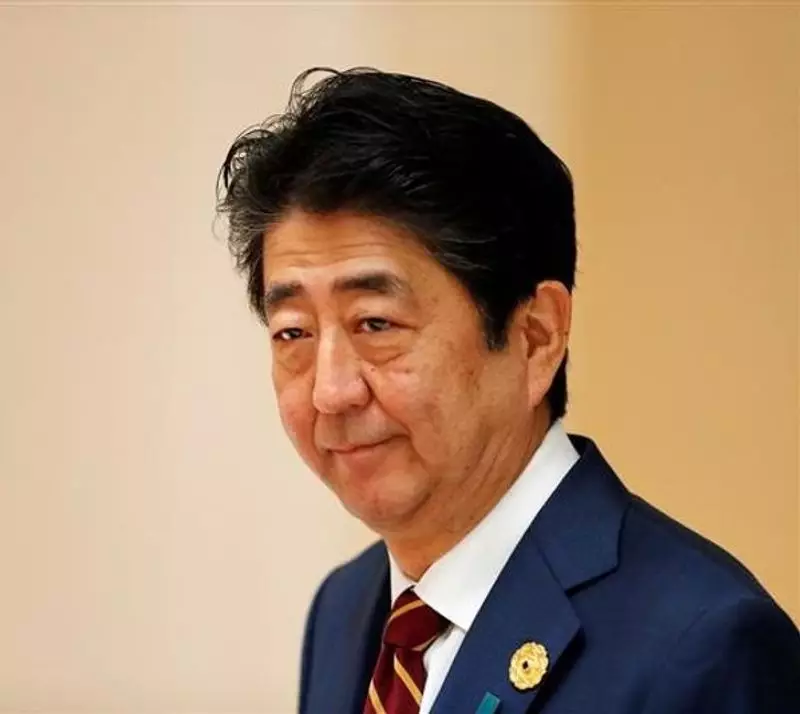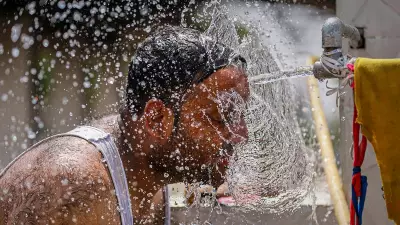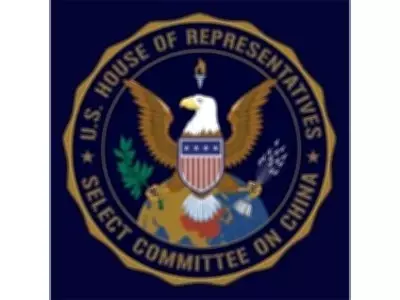
The long-awaited trial of Tetsuya Yamagami, the man accused of assassinating former Japanese Prime Minister Shinzo Abe, has officially commenced, sending shockwaves through the international community. The proceedings began on Tuesday at the Nara District Court, marking a significant moment in one of Japan's most high-profile political murder cases.
The prosecution presented a chilling account of the events that unfolded on July 8, 2022, when Abe was delivering a campaign speech in the city of Nara. According to court documents, Yamagami allegedly approached the former PM from behind and fired two shots from a homemade firearm, with the second shot proving fatal.
Revealing the Motive
During the opening statements, prosecutors revealed that Yamagami's motive stemmed from his mother's substantial financial donations to the Unification Church, now known as the Family Federation for World Peace and Unification. The accused reportedly held a deep-seated grudge against the religious organization, believing it had destroyed his family financially.
Yamagami allegedly told investigators that he targeted Abe because he perceived the former prime minister as having connections to the religious group. This revelation has sparked renewed scrutiny of Japanese politicians' ties with religious organizations.
Meticulous Planning Uncovered
Evidence presented in court suggests the assassination was not a spontaneous act but the result of careful preparation. Prosecutors detailed how Yamagami:
- Constructed multiple homemade firearms
- Conducted test-firing sessions in the mountains
- Studied Abe's campaign schedule extensively
- Traveled to other political events before the fatal day in Nara
The 42-year-old defendant has been charged with murder and violation of firearms control laws. If convicted, he could face the death penalty, which Japan maintains for serious crimes.
Security Failures Under Scrutiny
The trial has also brought attention to the security lapses that allowed Yamagami to get within close range of the former leader. Security experts have pointed to multiple failures in the protection detail assigned to Abe, raising questions about protocols for protecting high-profile politicians during public appearances.
As the proceedings continue, the nation watches closely, with the outcome expected to have lasting implications for Japanese politics, security protocols, and the ongoing discussion about religious organizations' influence in political circles.





